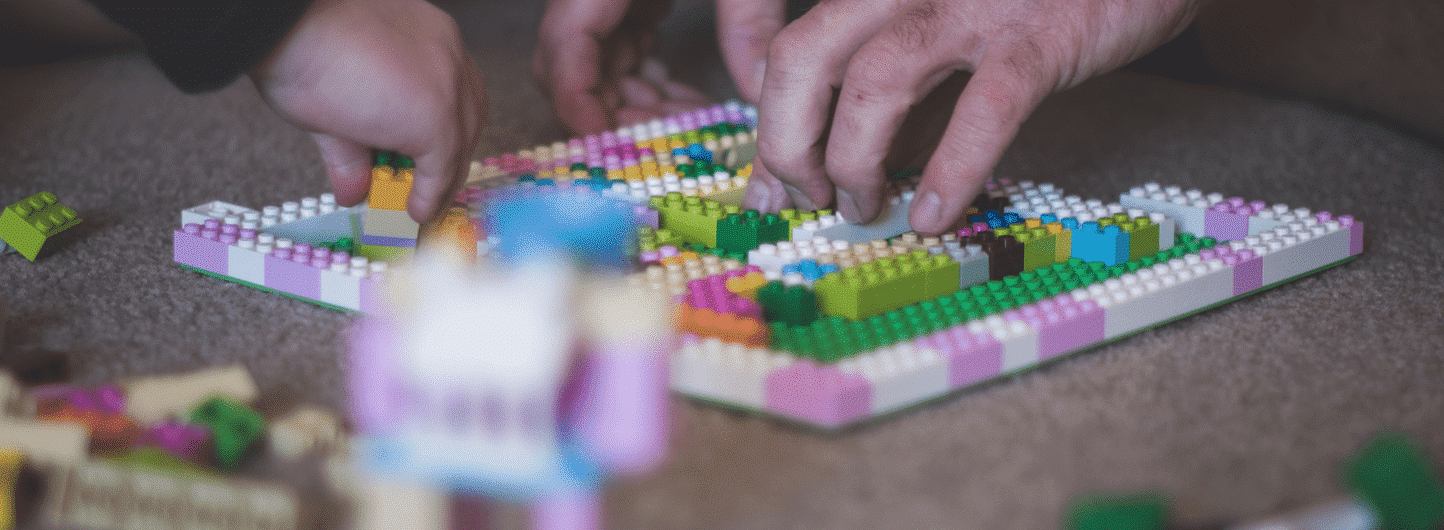As we look ahead to weeks of house-bound self-isolation amidst the COVID-19 crisis, it is easy to feel anxious, grief-stricken, or hopeless. These feelings are a valid psychological response to stress, and they are shared by thousands of others across New Zealand and our world.
Many of the mental health resources during this crisis have been written for people working from home, so we wrote this guide to offer tips and resources for those among us who cannot work during the lockdown.
First, it can help to determine what is in our control, and what is not. This helps us to define which worries are hypothetical (worst-case scenarios that might happen in the future) and which are real problems that are affecting us right now.
What is not in our control during lockdown
How long the COVID-19 pandemic will last…
While we can all do our bit to reduce the risk of community transmission of the virus — by staying home, exercising physical distancing, and washing our hands — the global spread of the virus is beyond our control. The duration of the lockdown can feel particularly stressful for those who cannot maintain work during this time.
We can minimise worry about COVID-19 by minimising our information intake. You cannot control the intense media focus on the pandemic but you can set a limit on how much time you spend scrolling the news, or how many times you refresh Facebook. Rely on reputable news sources only. It’s easy to feel as though the more we read, the better equipped we are to face the future. But all of this reading can lead to fatigue, excessive worry, and poor psychological outcomes. Take a break to reflect, absorb, and process.
What is in our control during lockdown
- How we spend our time
While you will no doubt have family commitments whilst you are in your bubble, give some time to thinking about what you might like to do. Will you be inspired by a new challenge or goal, perhaps some study or new learning, or a project that you have always wanted to do?
It can be useful to plan how to split your time to maintain a sense of normalcy and structure. Get up and go to bed at the same time each day and keep up a regular routine that involves hobbies, exercise, and learning. Have a go at “chunking” the different parts of your day into 30-minute intervals to help you achieve your goals amongst your regular caregiving responsibilities. For better psychological outcomes, try to strike a balance between activities that give you pleasure, those that give you a sense of achievement and those that are focused on connection with others.
- What we choose to focus our energy on
Similar and different to how we spend our time – where do you want to focus your emotional energy? Reflect on what is important to you and therefore who or what you will give your best to. This might mean focusing on positive news stories more than you focus on negative news stories or being more present during the time you spend with your loved ones (in person or virtually). Seek to find humour and joy in the small things, increase your positive emotions, and exercise active gratitude for the good things in your life.
- The compassion we show ourselves and others
Have a read of a previous piece we have written about compassion. Then see if you can practise more towards yourself – maybe more compassion towards your feelings of not being productive or not being useful while not working. It’s okay to not use every second of any down-time being productive, or to feel as though you are “wasting” this time away from work. Try to shift your expectations of yourself, e.g. “My priority at the moment is connecting with my family.”
Don’t forget to extend that compassion to other people as well. We all cope with stress in different ways and the best thing we can do right now is give others the benefit of the doubt, listen actively, show empathy, and offer our non-judgemental support.
- Our emotional response to the world outside
Whilst you can’t control the world and what’s happening, you can be in charge of how you respond emotionally. Helpful strategies include reminding yourself this is temporary, “postponing” your worry by deliberately setting aside time to worry (and not doing it any other time), acknowledging and labelling your feelings as a way of processing change, and reaching out for help when you need it. Mindfulness exercises are a great way to let go of worry and ground yourself in the present moment.
Helpful resources to boost wellbeing during lockdown
- TVNZ and Les Mills are partnering to offer free fitness classes for adults (9am Monday-Friday, TVNZ 1) and children and teenagers (3pm Monday-Friday, TVNZ 2) during the lockdown period. You can also watch them on-demand here.
- “Headspace” is currently offering free access to certain mindfulness and meditation sessions and packages (including a 10-day course on Navigating Change).
- These six questions are great to ask yourself daily during lockdown as a way of not letting the day slip by, instead keeping balanced, grounded, and grateful.
- Listen to “The Science of Happiness” podcast for short 20-minute episodes that are each dedicated to different evidence-based methods of increasing wellbeing.



